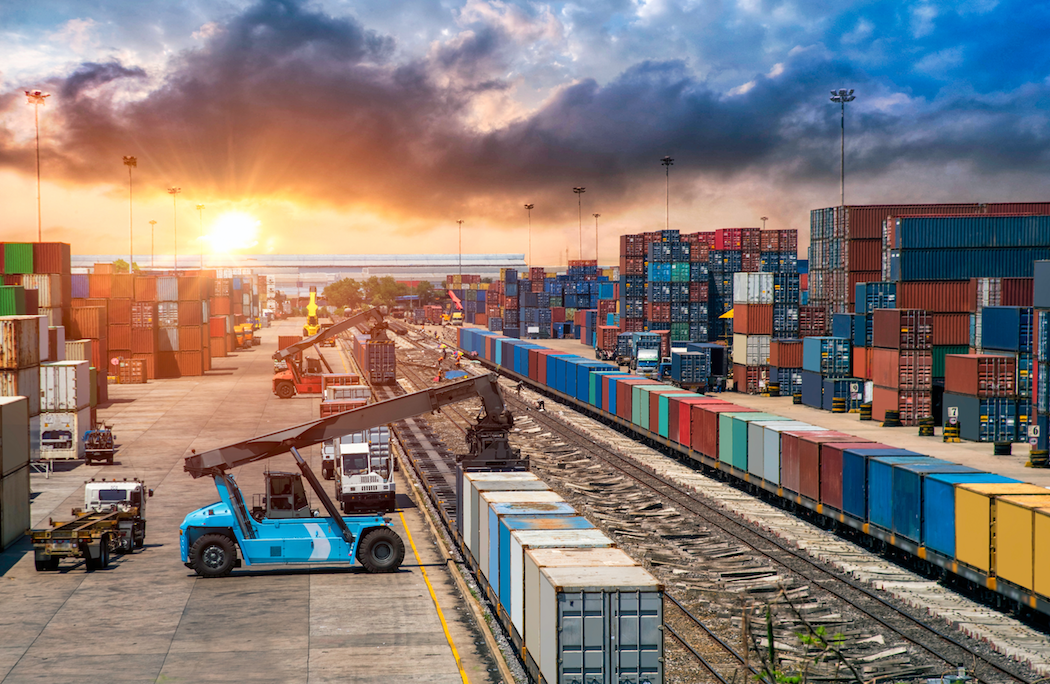

Primary Program

About
Nourah Al Hosain is a Manager in the Geographic Information Solutions team at KAPSARC, specializing in geospatial analysis and modeling. She was previously part of the Policy and Decision Science Program, where she contributed to the development of the KAPSARC Toolkit for Behavioral Analysis (KTAB). She holds a B.S. in computer science from Prince Sultan University. Her work focuses on developing innovative solutions that leverage geospatial data to enhance decision-making and policy analysis in the energy and sustainability sectors.
Publications

19 December 2024
Impact of Urban Traffic on Fuel Consumption Leveraging IoT Data: Case Study of Riyadh CityThis study explores the rising trend of traffic congestion in Riyadh and its impact on fuel consumption for passenger cars amid the challenges of rapid urbanization and increasing vehicle use. By utilizing real-time floating car data (FCD) collected by vehicles equipped with Global P...

18 December 2024
Analyzing the Interplay of Urbanization, Economic Development, and Seaborne Trade A Case of Saudi ArabiaUrbanization is widely recognized as a critical factor influencing economic growth and global trade, yet there is ongoing debate about whether it drives these outcomes or is a consequence of them. To address this, it is essential to determine whether urbanization spurs economic devel...

24 June 2021
Evaluating Access to Riyadh’s Planned Public Transport System Using Geospatial AnalysisThe King Abdulaziz Project for Public Transport in Riyadh city is one of the world’s largest urban transit systems being developed. The project aims to meet the demands of the city’s growing urban population while reducing traffic congestion, heavy private car dependence and air poll...

18 September 2019
Political Feasibility of Enhancing India’s Midcentury Target for Emissions IntensityIndia’s greenhouse gas emissions have grown along with its rapid economic growth, making it the world’s third-largest emitter after China and the United States. Under the Paris Agreement, India has committed to reduce its emissions intensity relative to its GDP by 33-35% by 2030, com...

12 December 2018
India’s Balancing Act to Address Climate Change Under the Paris Agreement
- India tends to take a conservative appr...
- The Prime Minister of India has the final say on climate policy matters, but consults with and is advised by a small number of actors in his Council on Climate Change. Think tanks play a major supporting role in climate policymaking.









